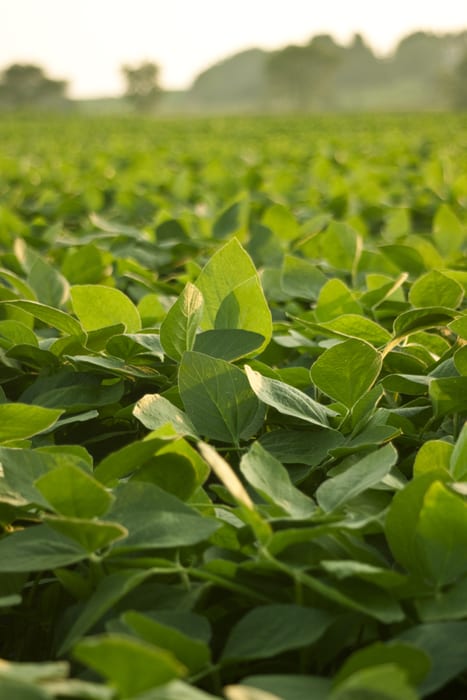Mexico President-Elect Pledges Commitment To NAFTA
- Category:
- General News

Following a historic election victory on July 1, the new president-elect of Mexico has calmed the fears and eased the concerns of global investors. For Andres Manuel López Obrador, commonly referred to as AMLO, the third time is the charm, as the former mayor of Mexico City was elected in a landslide victory. This marks the third time the leftist nationalist has run for President. López Obrador narrowly lost the presidential race to Felipe Calderon in 2006 by .6 percent and again in 2012 by more than 6 percent.
AMLO’s sweeping victory garnered over 53 percent of the vote and this election marks the first time anyone has been able to garner over 50 percent of the presidential vote since Carlos Salinas de Gortari, in 1988. López Obrador received more votes than his other three competitors combined. Additionally, the party that AMLO started—MORENA—secured an overwhelming majority in both the Senate and Chamber of Deputies.
Despite initial uncertainties and past skepticism, AMLO pledged “absolute support” of NAFTA and “respect” toward finding a resolution to renegotiations. This spark of pragmatism seemed to calm some fears, as investors were poised to sell the peso in response to a leftist governance. Instead, following the commitment to NAFTA and a “responsible transition,” the peso rallied 2.4 percent, its strongest performance in years.
AMLO’s presumed pick for Secretary of Agriculture, Dr. Victor Villalobos is no stranger to the Secretaría de Agricultura, Ganadería, Desarrollo Rural, Pesca y Alimentación (English translation: Agriculture, Stockbreeding, Rural Development, Fishing and Food Ministry) (SAGARPA) administration, having worked in the ministry before, and recently working as the executive director for the Inter American Institute for Cooperation of Agriculture (IICA), based in Costa Rica. IICA routinely advocates for the usage of biotechnology and GMOs for countries to increase food security. IICA will be speaking about this election and other issues such as biotechnology and plant breeding at USSEC’s upcoming Americas Buyers Conference, being held this month in Cartagena, Colombia.
Dr. Villalobos recently referred to Mexico becoming the largest importer of U.S. corn as “shameful” at a recent dairy conference, held in Mexico City. USSEC Regional Director – Americas Kevin Roepke says that Dr. Villalobos’ remark may be interpreted several ways. First, he may be a politician playing to a crowd. Also, IICA often advocates for the usage of GMOs to achieve self-sufficiency. Lastly, Mexico is already a large producer of corn and the crop’s genetic home, and the average Mexican may not want to import the country’s "native grain."
Nevertheless, USSEC is poised to work with the incoming administration, hand-in-hand, to continue cooperation and expand markets for U.S. Soy throughout Mexico.
Mr. Roepke says, “USSEC congratulates President-elect López Obrador on his victory and looks forward to working with the administration on advancing food security throughout Mexico. Consuming enough protein is vital to a growing economy like Mexico, and USSEC stands ready to provide any and all assistance necessary.”
